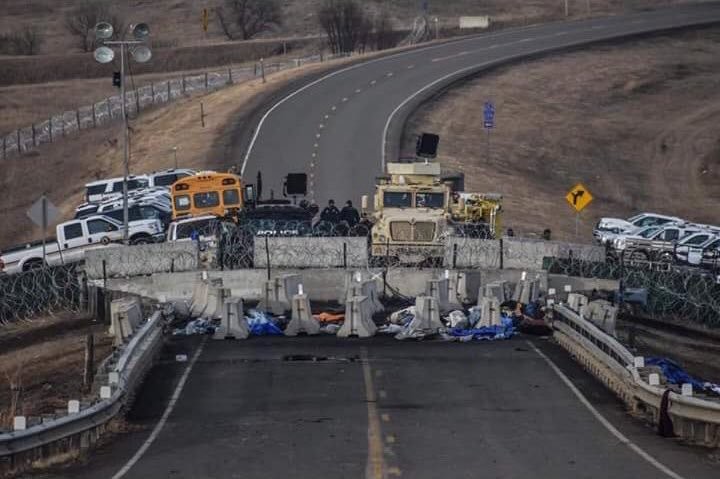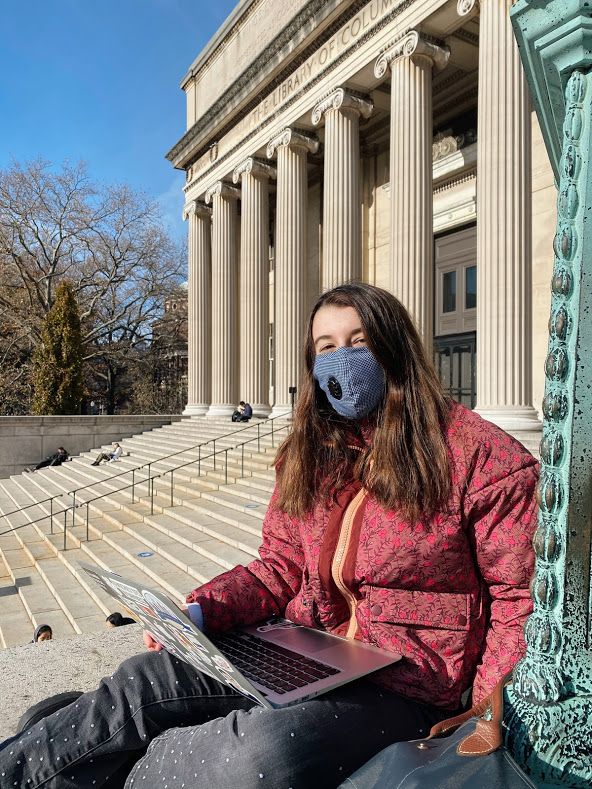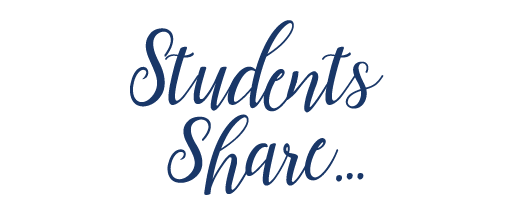Last semester, I saw an advertisement on Instagram for a research assistant position with Columbia Law School professor Bernard E. Harcourt to work on a case related to free speech and the Dakota Access Pipeline. After taking the course Freedom of Speech and Press with Columbia president Lee Bollinger, I was interested in working on a court case applicable to my studies — I’m a political science major and psychology minor — and my passion for defending the civil rights of people who are marginalized.
A month into my junior year, I was thrilled to receive my acceptance. I joined a team, supervised by Chicago-Kent College of Law assistant professor Noah Smith-Drelich (formerly a lecturer in law at Columbia Law School), working on the North Dakota District Court case Thunderhawk v. County of Morton. We are defending the First Amendment rights of the people affected by the construction of the Dakota Access Pipeline, which transports oil from North Dakota to Illinois. Completed in 2017, the pipeline poses great risks of contaminating the water of the surrounding Indigenous communities — the Lakota people, the Standing Rock Sioux Tribe, and the Cheyenne River Sioux Tribe.
The case involves the defendants' closure of a nine-mile stretch of Highway 1806 in North Dakota, which negatively affected the plaintiffs’ ability to hold speech, prayer, and assembly — rights that are protected by the First Amendment. The closure also hindered interstate and intrastate travel, preventing the plaintiffs from accessing medical care, making purchases, visiting family members, and more. The defendants claim that the highway needed to be closed for security reasons, but evidence shows that there were no legitimate security reasons to close the road in this manner and the plaintiffs in the case were the targets of the road closure. State regulations that allow some people to exercise their speech but discriminate against others are a direct violation of the Constitution. My responsibilities for the case include researching evidence, drafting formal discovery requests and subpoenas, and interviewing witnesses who will testify in the case. I have enjoyed interviewing the witnesses the most because I am able to understand more concretely what is happening at the pipeline and how we can support those people.
This opportunity has been incredible, largely due to my amazing team. Professor Smith-Drelich has created the ideal working environment, where I have been able to grow my critical thinking skills and learn about applications of constitutional law. He provides helpful instructions to look at the case strategically and fosters a supportive, collaborative environment. I’ve also had the opportunity to work with two Columbia students: Nina Halberstadter CC’22 and Alex Vasques Law’23. I am grateful to be a part of such an empathetic and creative team.
The courses I took at Barnard and Columbia prepared me well to work alongside industry professionals like Professor Smith-Drelich. Last semester, while I was working on the case, I applied what I learned from the Freedom of Speech and Press course with President Bollinger. That class was incredibly rewarding and provided me with the basic legal thinking and case law understanding needed for this case. Two semesters ago, I also took Justice with Professor David Johnston, which taught me how to be effective and persuasive when making arguments related to social justice.
In the future, I plan to go to law school and continue pursuing criminal justice reform, civil rights law, or both. This internship, along with my former position at the Columbia Justice Lab, has shown me that working in a people-centric, collaborative work environment is important.
—RACHEL BARKIN ’22


